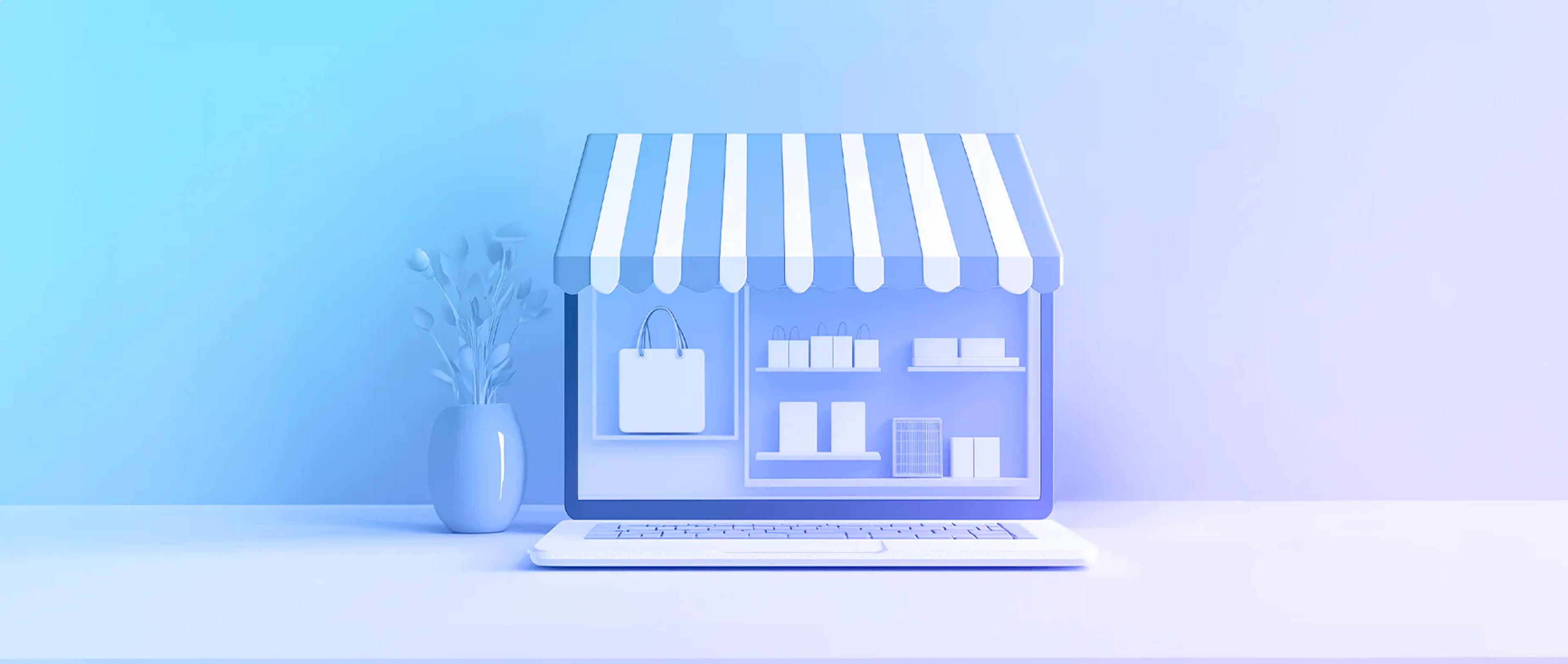Shopping online has become second nature. We order groceries, electronics, clothes, even medicine from our phones without a second thought. Looking at the crowded landscape of e-commerce, it might seem there’s no room left for new players. But that assumption is misleading. In 2025, the question of whether it makes sense to launch an online store is more relevant than ever — and the answer depends on far more than market size.
How the e-commerce landscape has shifted
A few years back, the global pandemic triggered explosive growth in online retail. Millions of people who had never shopped online suddenly embraced it, and the habit stuck. Even older demographics, once skeptical, became comfortable with paying online and waiting for delivery.
But the picture in 2025 is different. Growth is still happening but at a slower pace. Competition has intensified, and customers now expect more. Having an online store is no longer enough — it’s the bare minimum. What really matters today is how smooth the experience is: how intuitive your catalog feels, how fast the checkout is, and how reliable your delivery service can be.
Easier to start, harder to succeed
There’s a paradox: building an online store has never been easier, yet keeping it alive has never been harder. Platforms and CMS solutions allow anyone to set up shop in a matter of hours, payment gateways are straightforward, and finding a hosting provider takes minutes.
At the same time, massive marketplaces like Amazon and regional giants dominate attention spans and set customer expectations sky-high. For small and mid-sized businesses, this means competing directly with them is unrealistic. The only way forward is to niche down, differentiate, and build trust.
Key trends shaping 2025
To evaluate whether launching an online store makes sense today, you have to look at the broader trends:
Mobile-first reality. The majority of purchases are made on smartphones. If your site isn’t optimized for mobile, you’ll lose visitors before they even scroll.
Personalization. Customers expect tailored recommendations and relevant offers. Recommendation engines powered by AI are no longer a luxury — they’re expected.
Faster logistics. Next-day delivery doesn’t impress anyone anymore; same-day or even two-hour delivery is the new benchmark.
Sustainability and local focus. More buyers care about where products come from, how they’re packaged, and whether the company supports local communities.
Arguments in favor
- Launching an online store in 2025 makes sense if:
- you have a product or service that large marketplaces don’t cover;
- you’re willing to invest in customer service, not just inventory;
- you have a clear growth and marketing plan beyond basic SEO or ads.
Another plus: it’s possible to start small. Models like dropshipping or small-batch inventory reduce upfront investment while still allowing you to test demand.
The obstacles you’ll face
Still, the challenges are real:
Market giants dominate. Competing head-to-head with global marketplaces is nearly impossible.
Marketing costs are rising. Social media and search ads are more expensive, and conversion rates have dipped.
Customer loyalty is fragile. Buyers switch easily if they find lower prices or faster delivery elsewhere.
If the plan is simply “launch a site and wait for sales,” the project is unlikely to survive.
So, is it worth it?
The decision comes down to expectations. If you’re chasing quick wins, e-commerce in 2025 won’t deliver. Online retail is a long game, where sustainable growth comes from persistence and constant improvement.
But if you bring something unique to the table, understand your audience, and are committed to building a strong brand experience, now is as good a time as any to start. The market hasn’t closed its doors — it has simply raised the bar.
Conclusion
Opening an online store in 2025 is both a challenge and an opportunity. It’s not about “just selling products online” anymore — it’s about creating seamless experiences, building trust, and offering speed and convenience that match (or exceed) what customers already get from industry giants.
Yes, the competition is intense. But that competition also pushes the industry forward. New businesses still have space to succeed if they’re strategic, resilient, and willing to innovate.
Frequently Asked Questions
About Hamza Liaqat
Hamza Liaqat, our tech maestro, is a software engineer with a passion for cutting-edge technologies and experience of more than 7 years in tech industry. As the founder of DifferentDaily.com, he navigates the tech frontier, unraveling AI, Blockchain, and Web3 intricacies. Hamza's troubleshooting finesse and commitment to practical solutions make him your go-to guide for all things tech. Welcome to innovation, curated by Hamza Liaqat.

